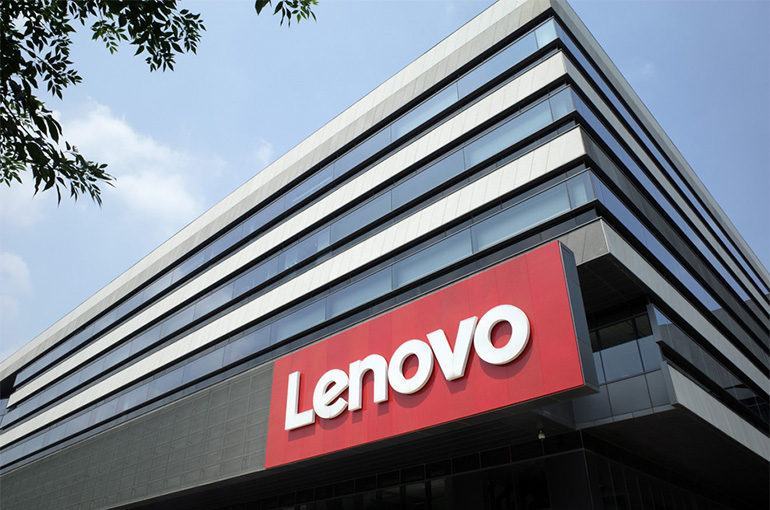 Lenovo's Quarterly Profit Jumps 44% on Strong Sales of AI Products
Lenovo's Quarterly Profit Jumps 44% on Strong Sales of AI Products(Yicai) Nov. 18 -- Lenovo Group reported a 44 percent profit surge for the second fiscal quarter, mainly thanks to a jump in sales of artificial intelligence-related products such as AI personal computers.
Profit was USD359 million in the three months ended Sept. 30, the world's biggest PC maker said in a financial report on Nov. 15. Revenue surged 24 percent to USD17.9 billion from a year earlier.
Lenovo's income from its smart devices business, including PCs, tablets, and smartphones, rose 17 percent to USD13.5 billion, the Beijing-based company noted.
AI PCs accounted for 14 percent of notebook shipments in China last quarter, up 9 percentage points from the previous quarter, Yang Yuanqing, chairman and chief executive of Lenovo, told Yicai. Similar growth trends were also seen worldwide and AI PCs will likely drive a steady recovery in the PC market, potentially making up almost 80 percent of the total by 2027, he added.
Non-PC revenue accounted for nearly 46 percent of Lenovo's total in the fiscal second quarter, up more than 5 percentage points from a year ago, with this share to soon exceed 50 percent, according to Yang.
Income from the Infrastructure Solutions Group soared 65 percent to a record high of USD6.5 billion, while that from the Solutions and Services Group rose 13 percent to USD2.2 billion, Lenovo said.
Lenovo's revenue in China jumped 26 percent, mainly thanks to its PC business, the company noted, adding that income in the Asia-Pacific region (excluding China) rose 28 percent, that in Europe, Middle East, and Africa climbed 22 percent, and the Americas grew 16 percent.
AI's potential lies in large language models and text-based applications and in delivering value through personal and enterprise data, Yang pointed out. Lenovo is optimistic about hybrid AI and plans to continue investing in the field while also aiming to deepen its efforts in developing intelligent solutions to accelerate digital transformation and smart upgrades, he added.
Regarding personal intelligence, Lenovo is expanding beyond AI PCs by investing in tablets, smartphones, and augmented and virtual reality headsets, with the data generated by these devices to be centrally managed and utilized to create personal intelligent systems. The firm plans to boost investments in infrastructure and smart solutions to bolster its relevant capabilities.
Editor: Martin Kadiev